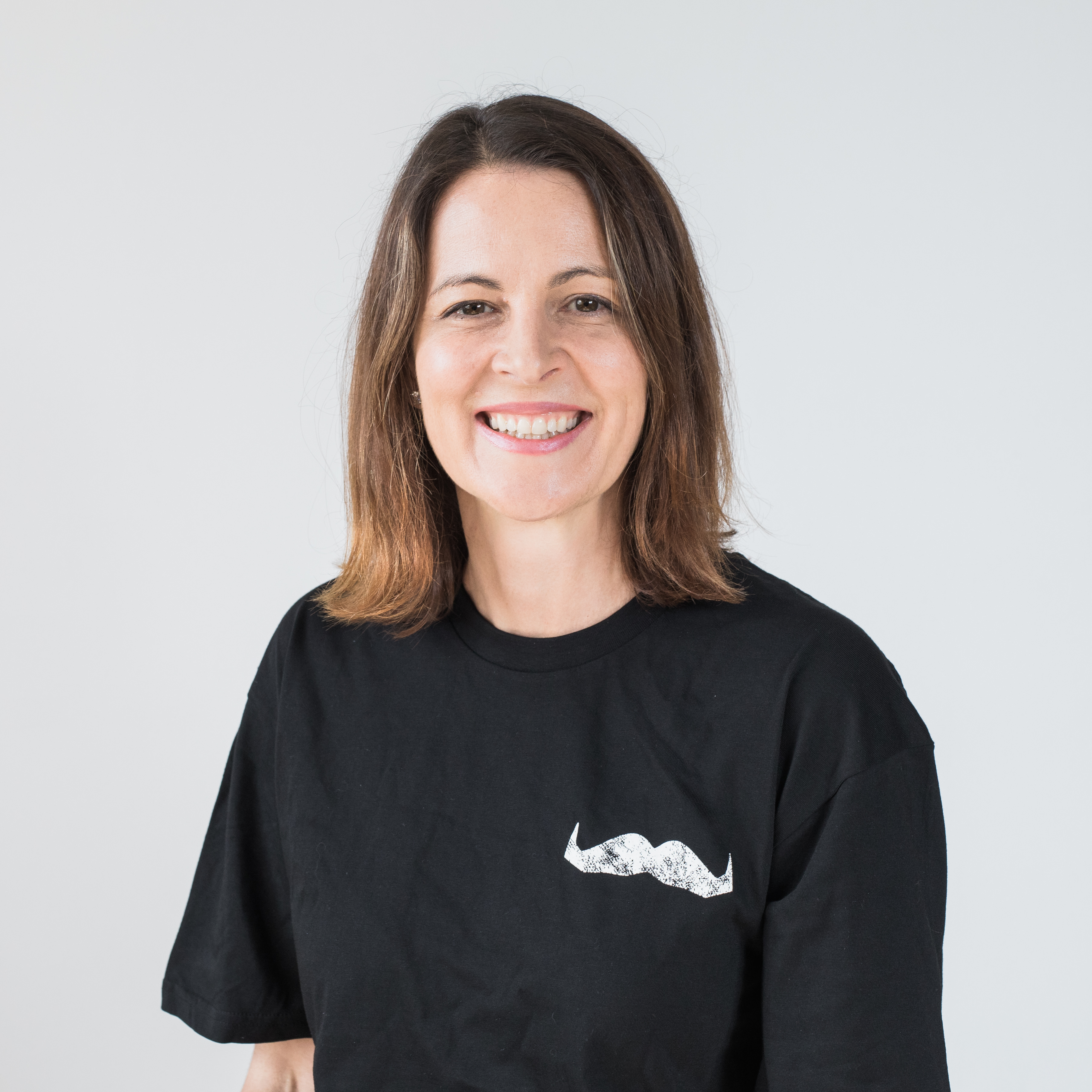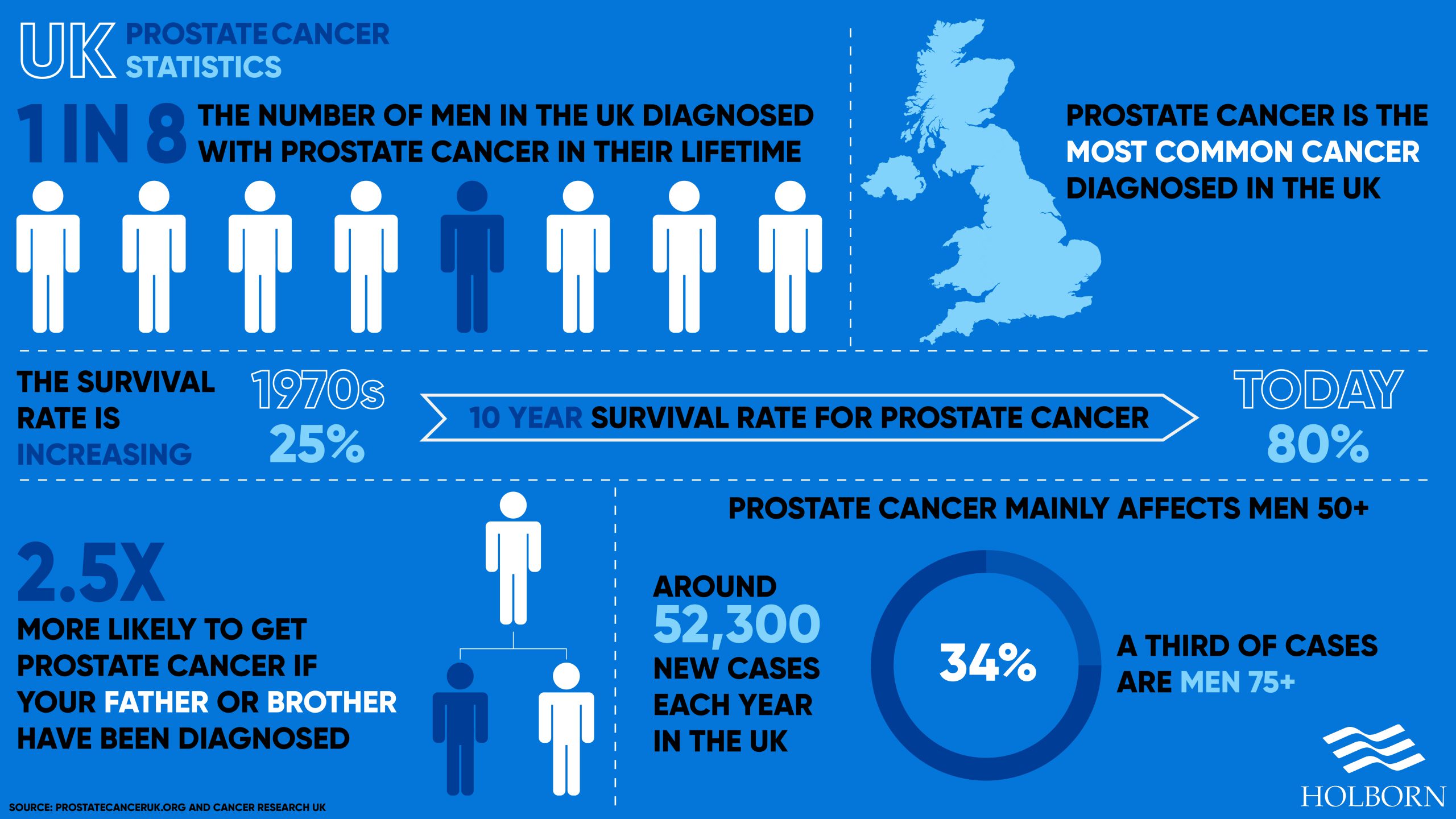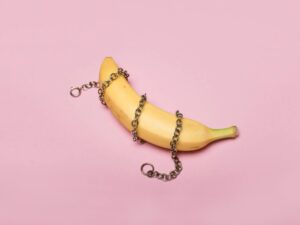Founded in 2003, Movember is a movement advocating for men’s health, raising awareness and funds on a global scale. During the month of November, countless men across the globe grow moustaches, making themselves a walking, talking billboard for men’s mental health; suicide prevention; prostate cancer and testicular cancer. Over the last 17 years, the foundation gained the support of over 6 million people worldwide, raising almost $1 billion for research and treatment for men’s health. But where do women sit in these figures?
Until recently, Movember has been heavily weighted with men running the cause. But recently, women, known by the ally term ‘Mo-Sistas’ have joined the conversation. While women are welcomed to grow a moustache if they wish, for those who can’t or those like myself that threads my face every 3 weeks so my makeup applies flawlessly, we can still support men, help the cause and make a difference in other ways.
You do not and should not need to be a man to participate in raising awareness or funds for a male-oriented charity. Just like men take part in Pink Ribbon Walks for breast cancer awareness, I believe it is essential for women to partake in Movember. The reality is men’s mental health, prostate cancer and testicular cancers may affect men physically, but it impacts everyone in their lives, women included. But more importantly, just as we need men as allies in the fight against women’s issues, we must do the same for them. It should not be men’s burden to carry.
Testicular cancer is the most common cancer in men between the ages of 15 and 35 in the United States, and prostate cancer is the second most common cancer in men around the world. With the expectation that prostate cancer cases will double in the next 15 years and the fact that testicular cancer rates have doubled in the last 50 years, the chances of a mother, sister, daughter or partner losing a loved male to these cancers are pretty high. The point of raising awareness is to encourage men to take care of their health frequently enough to catch serious illnesses before it is too late. Because men are hell-bent on “being a big man” and not looking feeble in society’s eyes, they too often neglect their issues or the help available to them. This is where women’s support comes in.
Movember is about setting aside unspoken innuendos and clichés that don’t help men, like “man up” or “don’t be such a girl”. Last year, Forbes interviewed Michelle Terry, the CEO of the Movember Foundation. Yes, that’s right, a woman is at the helm of the foundation, and she is determined to reach more women in support of men.

In the interview, Terry commented what we all know to be true, that health doesn’t sit very high up on most men’s list of priorities. An article by Huffpost, partially blames the patriarchy for this. According to the article, men are half as likely as women to go to the doctor over a 2-year period, while men were more than twice as likely to say they’ve never had contact with a doctor or health professional as an adult.
Thinking about it, I have a mother, father, brother and sister and as 2021 draws to an end, I know my mum and sister visited a doctor at least twice for the year, while my dad and brother haven’t yet had a single visit. Just writing this article reminds me that I need to be more affirmative and encourage them to at least do an annual blood work up. This is why awareness is important.
More often enough, the ‘macho man’ attitude plays a significant role in men not taking care of their health, especially their mental health. Society has conditioned men to believe that they should be strong, self-reliant, and less emotional. Other reasons might include fear of diagnosis; uncomfortable exams; discomfort in answering personal questions posed by the physician and reluctance to get onto a scale to check their weight.

These reasons are rooted in the stigma behind men’s health. A collective effort is needed to put an end to the stereotype. Men must know now and always that seeking help is NOT a sign of weakness, especially when it comes to mental illness.
Movember brings attention to the mental health disparities between genders. The World Health Organization (WHO) constitution states: “Health is a state of complete and physical, mental, and social well-being, not merely the absence of disease or infirmity.” The WHO has found that the vast majority of suicide victims are men, outnumbering women at a ratio of almost two to one. In the United Kingdom, about 75% of deaths by suicide are men, most commonly men under 50.
Studies have shown that women are more likely to seek help from friends, family and medical experts for mental health issues. This is why it is essential for women to be heavily involved in Movember. Women, seemingly being more emotionally aware than men, should join the cause to encourage men that talking about their problems and their health, both physical and mental, does not make them any less of a man.

We do not like that they call us ‘naggers’, but in the end our nagging has beneficial outcomes. I truly don’t mind being labelled annoying if it saves my dad’s or brother’s life in the long run. I am not ready to face grief knowing I did not do all that I could have to sway the men in my life to be more health conscious.
I am pledging to be a Mo’Sister and I hope my readers join me, the www.movember.com
FAQ clearly outlines ways Mo’Sisters can render assistance and join the movement. We can aid in raising funds and spreading awareness in the little things we do, like signing up with the foundation; moving 60 miles over the month for the 60 men we lose to suicide each hour; hosting a Mo-ment by gathering friends and family; creating our own challenge with Mo Your Own Way; encouraging men to be proactive about their health, but most importantly supporting and showing love for the moustaches the men in our lives are growing this month.
Feminism is based on equality of sexes. Feminists and Mo’Sisters are one in the same. My fellow feminists, let Movember be our start, but not the end, to drive action and awareness to ensure men live happier, healthier, and longer lives.















“Feminism is based on equality of sexes. Feminists and Mo’Sisters are one in the same.”
This, exactly this. Love this article, and the awareness that it’s important that we uplift each other, and that we’re stronger together. This is a well-articulated piece!